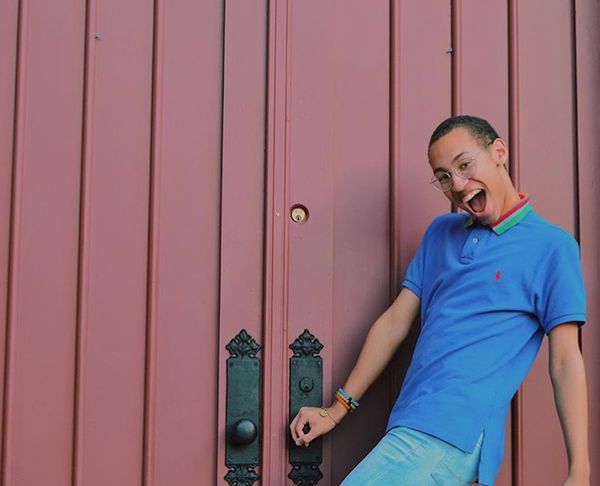4:45 a.m on a Thursday. There were just 15 minutes until my overnight shift finally came to an end. Just 15 more minutes. How beautiful those words sounded. But all of a sudden the horrific screeches of my pager pierced my ears and woke my entire house.
Nothing is worse than having just 15 minutes left and then hearing the tones go off. But that is the job. We don't choose the times nor the calls we get. We go when we are dispatched because we chose to help -- to save lives. Our job is not to judge. Our job is not to figure out if someone deserves something. Our job is to lift the fallen, to restore the broken and to heal the hurting. That is our job.
So at 4:45 a.m, when the tones went off and dispatch stated that South Duty needed to report to a residence of an elderly female whom had stopped breathing, I went. I didn't just walk. You don't just walk when you get those calls. I ran to my car and called into dispatch that I was responding. I had seven minutes to get to my station. As I arrived to the station, I quickly parked and jumped into the back of the rig. As I was sitting on the bench seat putting on my gloves, a million thoughts raced through my mind. Scene safety. Personal Protective Equipment. CPR -- correct depth and perfect timing. Every single thing I learned came to the front of my mind. It is important that it does. You need to be prepared for every twist and turn. At any moment the situation could change and you need to be ready if it does.
When we arrived to the patients home, my crew and I grabbed what we needed and quickly hurried into the house. I remember sizing up the scene and noticing an easy access into the home. It is important to observe your surroundings so you know exactly how to get the patient out and into the ambulance as well as continuously making sure that the scene is safe so you can do the job that you need to.
As we entered the scene, we saw a short and thin hallway leading to the patients bedroom where our patient was laying on the floor. Our instincts kicked in and we automatically began. Check to see where the patient falls on the AVPU scale. U. Unresponsive. No pulse. Not breathing. Begin CPR. As soon as we began CPR, the medics came into the scene and began setting up there stuff and flowing into our rhythm.
Sweat began to surface on my forehead with every compression. I remember glancing down at the patients face. I thought to myself this woman has a family. This woman needs to live and I will do everything I can to make that happen. After a few rotations of CPR and the medics doing their own jobs, it was my turn to do compressions again. I remember hearing a weird sound and feeling something break a couple times beneath this woman's skin- her ribs. It was a feeling you can't even describe. But that also comes with the job. You will break ribs during CPR. That cannot be prevented. And shortly after the woman pulled through and her heart start beating at the normal rhythm.
Relief flooded my body. We did it. This team saved a life.
That was my first unresponsive patient as a certified EMT. I remember it like it was yesterday. Hearing that woman breathe again is the exact reason why I chose to be in this field. I chose this path in life to help others -- to trust my knowledge and skills and to be able to use them to help others. It's the miracles like this one that make this field rewarding. We are constantly around the unknown and a lot of dark situations. But when you have the good calls and you save a life- those are the ones that cancel out the bad.
I am grateful everyday that I get to be in this field. I love my job.





















